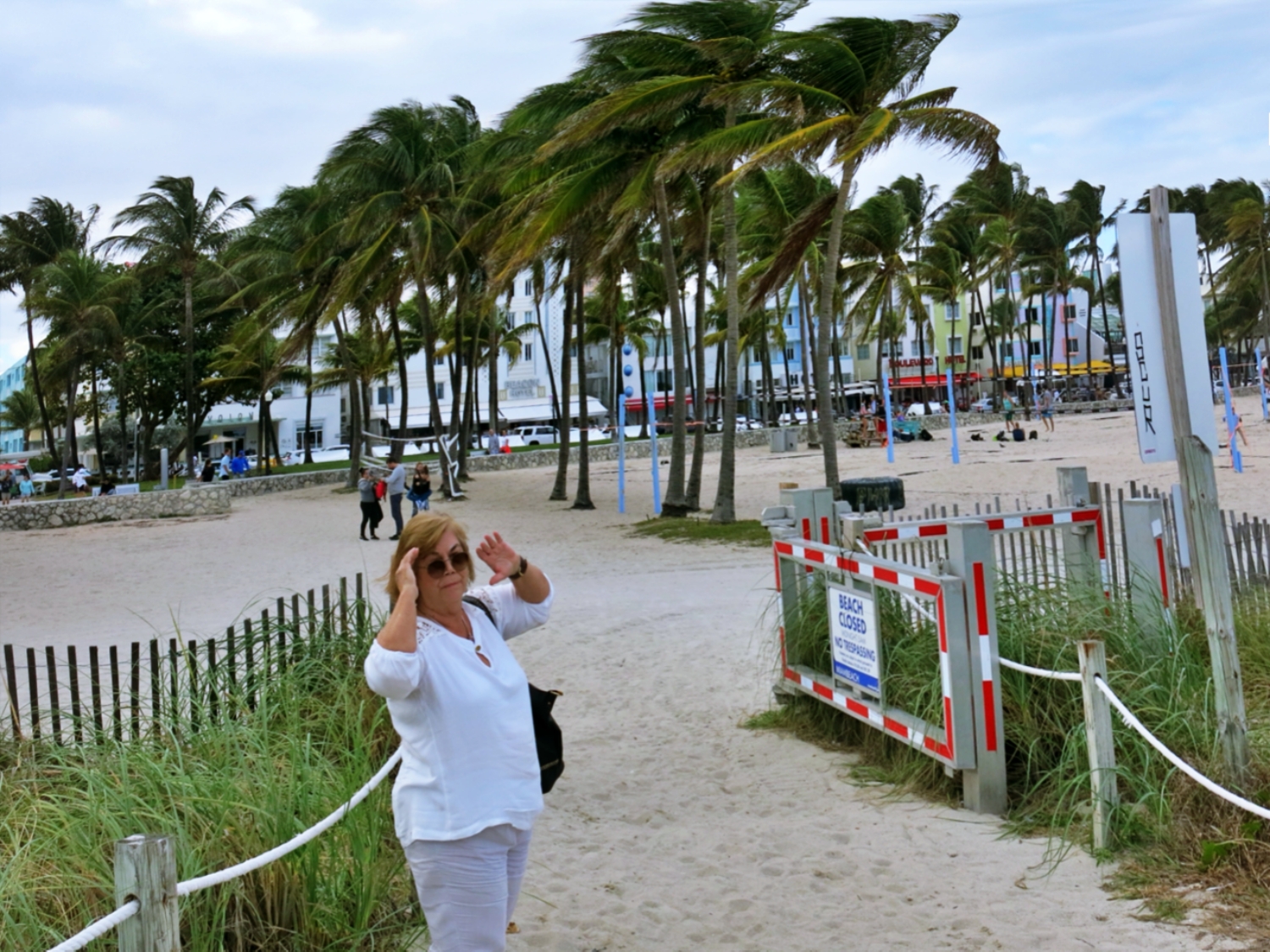Retirement should be the reward for decades of hard work, but where you choose to spend those golden years can make or break the experience. Some states strip retirees of crucial benefits—think tax breaks, affordable healthcare, or even access to senior-friendly programs—that can dramatically affect quality of life. Suddenly, what looked like a dream retirement destination could turn into a financial and emotional headache.
Before packing up and settling down, it’s worth knowing exactly what’s at stake. From higher living costs to fewer protections for seniors, moving to the wrong state could mean sacrificing the perks you’ve earned. Here are 13 benefits you risk losing if you retire in the wrong place.
1. Tax-Free Social Security Benefits

Imagine finally reaching retirement, only to find out that your state is taxing your Social Security benefits. While the federal government taxes Social Security income based on your earnings, some states add their own tax on top. According to Kiplinger, states like Colorado, Connecticut, Minnesota, and New Mexico tax Social Security benefits, potentially reducing your monthly income.
This means less money in your pocket for essentials like groceries, healthcare, and leisure activities. It’s essential to consider state tax policies when planning your retirement to ensure you keep as much of your benefits as possible. For instance, in Colorado, although Social Security benefits are taxed, retirees aged 65 and older can deduct up to $24,000 of retirement income, which may offset some of the tax burden. However, in states like Minnesota, the tax on Social Security can be more substantial, especially for those with higher incomes. Being aware of these nuances can help you make informed decisions about where to retire.
2. Affordable Healthcare Options

Healthcare costs can be a significant burden in retirement, and some states make it worse with higher premiums and fewer affordable options. SmartAsset notes that states like Alaska and West Virginia have limited healthcare facilities, leading to higher costs and longer travel times for medical care.
Inadequate healthcare access can lead to delayed treatments and increased out-of-pocket expenses. When choosing a retirement location, consider the availability and affordability of healthcare services to maintain your well-being without breaking the bank. For example, Alaska’s remote locations can make it challenging to access specialized care, and the cost of medical services is often higher due to transportation and supply issues. In West Virginia, the shortage of healthcare providers can result in longer wait times and limited access to certain medical services. Evaluating the healthcare infrastructure of a state is crucial to ensure you receive timely and affordable care during your retirement years.
3. Low Property Taxes

Property taxes can eat into your retirement savings, especially in states with high rates. Bloomberg reports that New Jersey and Illinois have some of the highest property taxes in the nation, which can be a significant financial strain for retirees on a fixed income.
High property taxes can make it challenging to afford your home in retirement, potentially forcing you to downsize or relocate. Researching property tax rates in potential retirement states can help you find a location where your housing costs remain manageable. For instance, New Jersey’s average property tax bill exceeded $10,000 in several counties, making it one of the most expensive states for homeowners. In contrast, states like Alabama and West Virginia have some of the lowest property tax rates, which can significantly reduce your housing expenses. Considering property taxes alongside other living costs is essential to ensure your retirement savings last.
4. Pension-Friendly Policies

If you’re relying on a pension, some states are more accommodating than others. Nasdaq highlights that states like Illinois and California have significant pension funding issues, which could impact the reliability of your pension income.
Unstable pension systems can lead to reduced benefits or changes in payout structures, affecting your financial security. It’s crucial to assess the health of a state’s pension system before deciding to retire there, ensuring your hard-earned benefits are protected. For example, Illinois has one of the most underfunded pension systems in the country, with a significant gap between promised benefits and available funds. This shortfall can lead to increased taxes or reduced services as the state attempts to meet its obligations. Conversely, states like Wisconsin have well-funded pension systems, providing more stability for retirees.
5. Reasonable Cost of Living

A high cost of living can quickly deplete your retirement savings. WalletHub ranks states like Hawaii, California, and New York as some of the most expensive, making them less ideal for retirees on a budget.
In these states, everyday expenses like groceries, transportation, and housing are significantly higher, which can strain your finances. Opting for states with a lower cost of living can help your retirement savings last longer and provide a more comfortable lifestyle. For instance, in Hawaii, the average resident spends nearly 53% of their income on housing costs, leaving less room for other necessities. In contrast, states like Mississippi and Arkansas offer a lower cost of living, allowing retirees to stretch their dollars further. Evaluating the overall affordability of a state is essential to ensure a financially secure retirement.
6. Favorable Tax Treatment on Retirement Income

Beyond Social Security, other retirement incomes like 401(k)s and IRAs can be taxed differently depending on the state. Some states fully tax these incomes, while others offer exemptions or deductions.
States like Pennsylvania and Mississippi don’t tax retirement income, providing a financial advantage. In contrast, states like California and Vermont tax most retirement income, which can significantly impact your net income. Understanding these differences is vital to maximize your retirement funds. Additionally, some states offer partial exemptions or deductions based on age or income level, which can further influence your financial planning. It’s essential to research and consider these tax implications when choosing your retirement destination.
7. Access to Senior Services and Programs

Some states offer robust programs for seniors, including transportation services, meal programs, and recreational activities. Others may lack these resources, leading to a less engaging and supportive retirement experience.
States like Florida and Arizona have extensive senior services, enhancing quality of life. In contrast, states with limited budgets may not prioritize these programs, leaving retirees without essential support. Evaluating the availability of senior services can help ensure a fulfilling retirement. Access to such programs can also alleviate the burden on family members and caregivers, providing peace of mind for everyone involved. When considering where to retire, it’s important to assess not just the cost of living but also the availability of these supportive services.
8. Climate and Natural Disasters

Weather plays a significant role in retirement happiness. States prone to natural disasters like hurricanes, wildfires, or extreme cold can pose risks and additional costs.
For instance, Florida’s hurricane season can lead to increased insurance premiums and potential evacuations. Similarly, California’s wildfire risks can impact air quality and safety. Considering climate and environmental factors is essential when choosing a retirement location. Moreover, extreme weather events can disrupt daily life and access to essential services, which is particularly concerning for seniors. It’s crucial to factor in the frequency and severity of natural disasters when evaluating potential retirement spots.
9. Quality Public Transportation

As mobility decreases with age, access to reliable public transportation becomes crucial. States or cities with limited transit options can isolate retirees, especially if driving is no longer feasible.
Urban areas like New York City offer extensive public transportation networks, facilitating independence. Conversely, rural areas or car-dependent cities may lack these options, potentially impacting your ability to stay active and connected. Reliable public transit can also reduce the need for expensive personal transportation, freeing up funds for other retirement activities. When evaluating retirement locations, consider the availability and accessibility of public transportation to maintain your independence and quality of life.
10. Cultural and Recreational Opportunities

Engaging in cultural and recreational activities contributes to a fulfilling retirement. States with vibrant arts scenes, parks, and community events provide more opportunities for socialization and enrichment.
States like Oregon and Colorado offer abundant outdoor activities and cultural events. In contrast, areas with fewer recreational options may lead to a more sedentary and isolated lifestyle. Assessing the availability of such opportunities can enhance your retirement experience. Participation in cultural and recreational activities has been linked to improved mental and physical health among seniors. Therefore, choosing a location with ample opportunities for engagement can significantly impact your overall well-being in retirement.
11. Safety and Low Crime Rates

Safety is a top priority in retirement. States or cities with high crime rates can cause stress and limit your freedom to enjoy your surroundings.
States like Maine and New Hampshire consistently rank as some of the safest, providing peace of mind. Conversely, areas with higher crime rates may necessitate additional security measures, impacting your comfort and finances. Living in a safe environment allows retirees to participate in community activities without fear, fostering a sense of belonging and well-being. When considering retirement locations, it’s important to research crime statistics and community safety initiatives to ensure a secure living environment.
12. Availability of Part-Time Work

Many retirees choose to work part-time for extra income or personal fulfillment. States with robust job markets and opportunities for seniors can facilitate this choice.
States like Utah and Nebraska have low unemployment rates and programs supporting senior employment. In contrast, areas with limited job opportunities may make it challenging to find suitable part-time work. Considering the local job market can be beneficial if you plan to work during retirement. Part-time work can also provide social interaction and a sense of purpose, which are important factors in maintaining mental health during retirement. Therefore, evaluating employment opportunities is a key aspect of retirement planning.
13. Proximity to Family and Friends

Being close to loved ones can significantly impact your happiness and support system in retirement. Choosing a state far from family and friends may lead to feelings of isolation.
While this factor is personal, it’s essential to weigh the importance of proximity to your social network when deciding where to retire. Regular interactions with loved ones can enhance your quality of life and provide necessary support as you age. Additionally, being near family and friends can offer assistance with daily tasks and emergencies, contributing to a safer and more comfortable retirement. When planning your retirement, consider the value of these relationships and how distance may affect them.
This article is for informational purposes only and should not be construed as financial advice. Consult a financial professional before making investment or other financial decisions. The author and publisher make no warranties of any kind.








